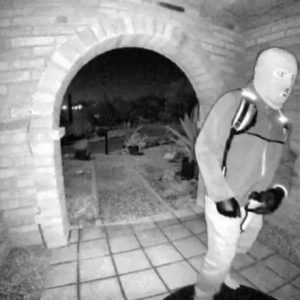I was fourteen when Mom died, just months after her divorce from Dad. She’d been my anchor; when she was gone, we drifted. A year later he remarried. Karen swept in—sharp perfume, bright lipstick, fake smiles. She called Mom’s keepsakes “junk” and rolled her eyes whenever I mentioned her. By eighteen, her mask was off. On my birthday she said, “You’re an adult now. Time to pay rent.” I almost laughed—the house had been my mother’s. What she didn’t know was that Mom had left it to me. When probate finally cleared, the deed was in my name.
One night she cornered me in the kitchen. “Not in my house,” she said. I handed her the deed. “Actually, it’s not yours at all.” Her face drained. She tried to twist Dad against me, but cracks started showing—her spending, her temper, her guilt trips. Then Dad caught her flirting with another man. I laid out my folder: receipts, recordings, proof. He told her to leave.
She later sued for support, claiming “emotional abuse.” I used the small savings Mom left to hire a lawyer. The judge dismissed her case completely. When she was gone, the house finally felt light again. Dad apologized for not protecting me; we started healing.
Months later Karen wrote—alone, broke, asking to “come home.” I sent one line back: Home was never yours to begin with. It wasn’t revenge—it was protection. Mom built this home with love. I just made sure it stayed that way.


